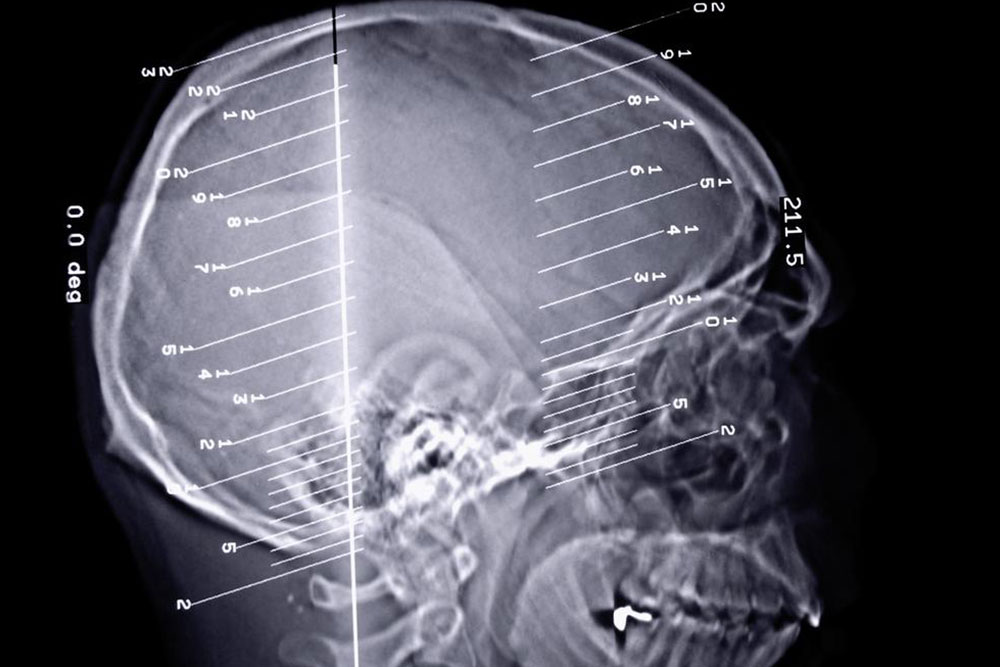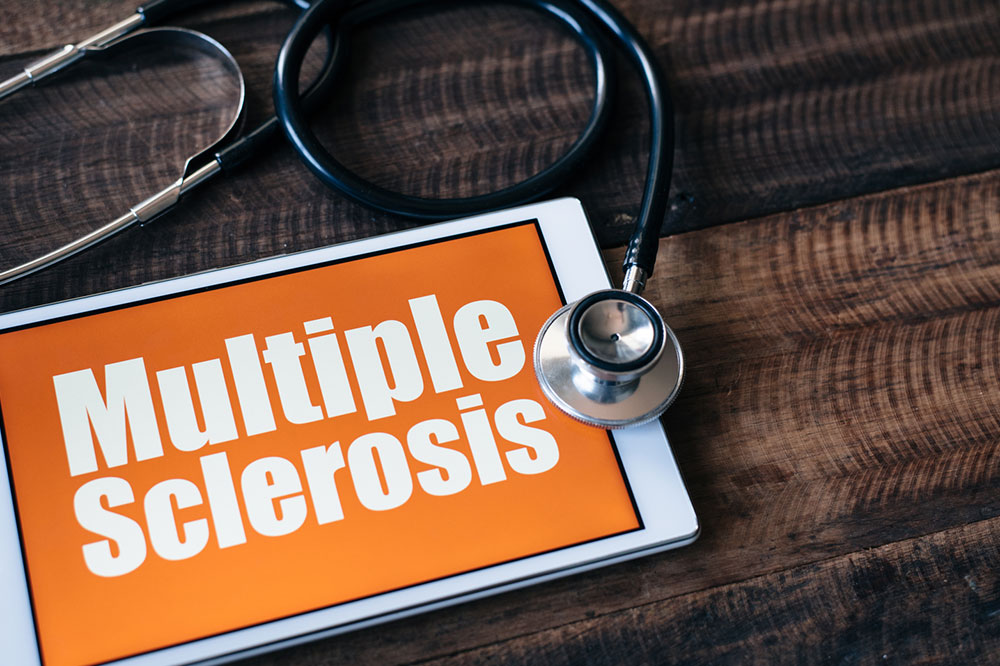Debunking 4 Common Myths About Migraines
This article clarifies four common misconceptions about migraines, addressing myths related to their symptoms, causes, and effects. It aims to improve understanding and awareness of this complex neurological condition, emphasizing the importance of accurate information for better management. The content highlights that migraines are more than headaches, dispels myths about caffeine and aura, and discusses ongoing research on brain health implications. Proper knowledge helps in reducing stigma and encourages timely medical intervention, enhancing patient outcomes.

Experiencing a migraine can be overwhelming and disruptive. Unfortunately, many misconceptions about this neurological condition persist among the public, often leading to misunderstandings and mismanagement. Clarifying these myths with facts is crucial to raise awareness and improve treatment approaches. This article addresses four widespread myths about migraines, providing accurate information to better understand this complex disorder.
Myth or fact: Migraines are just intense headaches
Myth. While migraines involve severe head pain, they are more than simple headaches. Symptoms can include light and sound sensitivity, nausea, visual disturbances (aura), and pulsating sensations.
Myth or fact: Caffeine triggers migraines
Myth. Caffeine can sometimes initiate migraines in certain individuals, but it is not a primary cause. Many medications contain caffeine to help alleviate headaches, and some patients find that small amounts can reduce migraine severity. However, excessive caffeine intake may cause rebound headaches.
Myth or fact: Migraines with aura are the only true migraines
Myth. Aura is not a mandatory feature of migraines. Some people experience migraines without aura, yet still have genuine episodes. The presence or absence of aura influences treatment plans but does not define the condition.
Myth or fact: Migraines lead to permanent brain damage
Research is inconclusive. Some studies suggest no lasting brain lesions related to migraines, while others indicate increased risk of brain abnormalities. The relationship remains under investigation, and current evidence does not confirm permanent structural damage caused by migraines.
Disclaimer: The information provided here is for educational purposes only and should not replace professional medical advice. Always consult qualified healthcare providers for diagnosis and treatment options.










